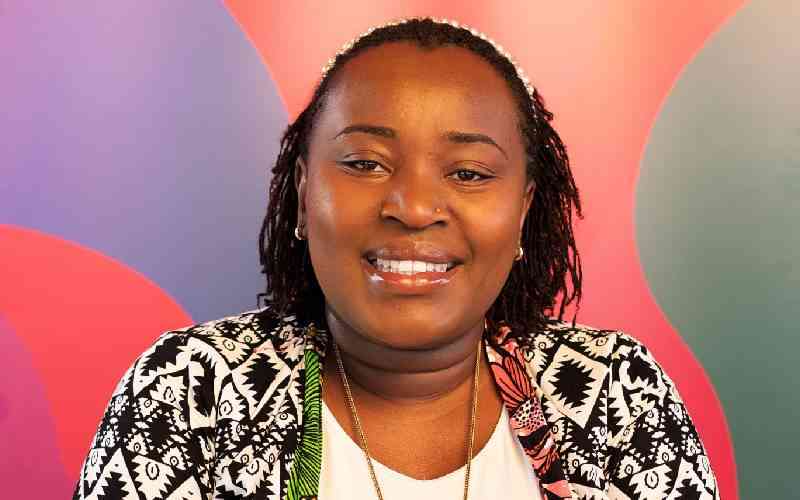×
The Standard e-Paper
Home To Bold Columnists

It will take me a while to get over the scenes I saw on television of goons holding big jembe sticks threatening the protestors who were demanding justice for Ojwang. The goons, who were charged, showing their faces seemingly well-coordinated, were telling all who cared to listen that “hatutakubali maandamano kwa hii town”.